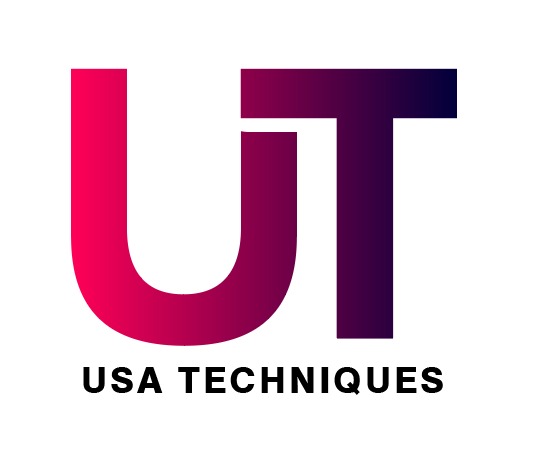Fan of Lululemon is Lauren Maginness. However, the 31-year-old New York City product marketer is increasingly adding less expensive brand knockoffs to her activewear that she finds on Amazon.com.
Her top pick is the $32 high-waisted pants for yoga from CRZ Yoga, which are modeled after the well-liked $98 Align leggings from Lululemon. Maginness discovered CRZ through an influencer on the TikTok website for short videos, who claims to be a former employee of Lululemon.
Bestsellers from Lululemon, Abercrombie and Fitch, Birkenstock, and Estee Lauder’s Tom Ford’s perfume are vying for customers like Maginness and their developing infatuation with TikTok-popularized “dupes,” which are passably similar copies of more expensive goods, as the Christmas shopping season gets underway.
CRZ Yoga is generating almost $2.84 million in income per month on average from the sale of 88,633 pairs of leggings, according per statistics provided by online shopping analytics company Jungle Scout. A request for comments from CRZ, which is owned by a trade corporation based in Hong Kong, was not answered.
Sales of some popular, high-end products are being negatively impacted by the growing market for lookalikes and the reduction in spending brought on by inflation. “Dupes” are now so common, especially among younger customers, that Maginness mentioned she would think about giving a buddy a set of fake Lululemon workout clothes. “With the dupe, you have a little more room in your finances after all,” she remarked.
In an email to its followers last week, the discount blog “Passionate Penny Pincher,” which takes royalties on sales, advertised $29.99 Dearfoam sheepskin “Ugg dupe slippers” as possible holiday presents. The original “Ugg boots on every person’s gift list” were marketed by department store operator Nordstrom for $115.
Experts believe it’s hard to estimate how much of the market dupes may take from the actual products during the holidays because they are so freely available from so many different merchants. According to Leslie Ghize, executive executive vice president of retail consulting company Doneger Tobe, “commodity” commodities that are simple to copy are most vulnerable, including name-brand cosmetics, fragrances, and mid-range apparel and footwear.
